Taping and wrapping techniques used in athletic training including instruction in fabricating and applying protective equipment, pads, splints and supports. Hands-on practical experience emphasized in laboratory sessions. Project required.
The Athletic Training Comprehensive degree program at the University of West Alabama is taught by practice experts dedicated to patient care and your success. You’ll build experience in clinical coursework throughout your program as you learn about the prevention, evaluation, treatment, management and rehabilitation of acute and chronic injuries.
Faculty guides you in how to make decisions in athletic training according to outcomes-based evidence, psychological and medical aspects of athletic training and therapeutic approaches.
Career-focused courses also explore the concepts of rehabilitation, protective techniques, kinesiology and exercise physiology.
You’ll graduate with a strong academic and clinical background that prepares you for success in our Commission on Accreditation of Athletic Training Education (CAATE) Accredited Master of Athletic Training program.
As of October 2022, you need a master’s degree accredited by the CAATE to sit for the Board of Certification exam to pursue licensing and work as an athletic trainer.
Athletic Trainers On The Job
Athletic trainers can perform a multitude of services to patients of all ages and backgrounds and always have the goal of ensuring safety. If a team member sustains an injury on the job or on the field, athletic trainers:
- Respond immediately
- Assess the injury
- Provide medical care
- Rehabilitate the injury
- Ensure a person can return to their normal level of functionality safely
As part of the health care team of an organization, they also serve as mentors and advisors, prepare emergency action plans and perform administrative duties, such as billing and record keeping.
Visit the Academic Catalog for information regarding program admission requirements, prerequisites, course offerings and more.
Available as a Minor
Learn about the Minor in Athletic Training ComprehensiveProgram Facts
Program Format
On Campus
Start Term
Spring, Summer and Fall semesters
Tuition Cost
Number of Credits
127-131
Academic Calendars
Request More Information
Loading...
Sample Courses
AH210 Protective Techniques for Injuries
2 Credits
AH322 & AH324 Evaluation of Injuries I & 2
6 Credits
Evaluation of specific injuries to the lumbar spine and lower extremities, to the head, cervical spine, trunk and upper extremities and to related anatomy, etiology, signs and symptoms.
AH340 Rehabilitation of Injuries
3 Credits
Equipment, techniques and procedures for injury rehabilitation. Strengthening, flexibility, muscular and cardiovascular endurance conditioning and proprioceptive training.
Similar Programs
Health Sciences Comprehensive
Available in Major / Minor
Suggested Minors
Emergency Medical Services
Available in Minor
Career Outlook
New licensing requirements open the door to new opportunities for athletic trainers. Athletic trainers are highly qualified, multi-skilled health care professionals who reduce risks and render service or treatment throughout a variety of fields. Once you complete your master’s program and become licensed, you can practice as an athletic trainer in settings that include:
- All levels of athletics
- Performance arts
- Businesses
- Medical
- Government (military, police an fire departments, etc)
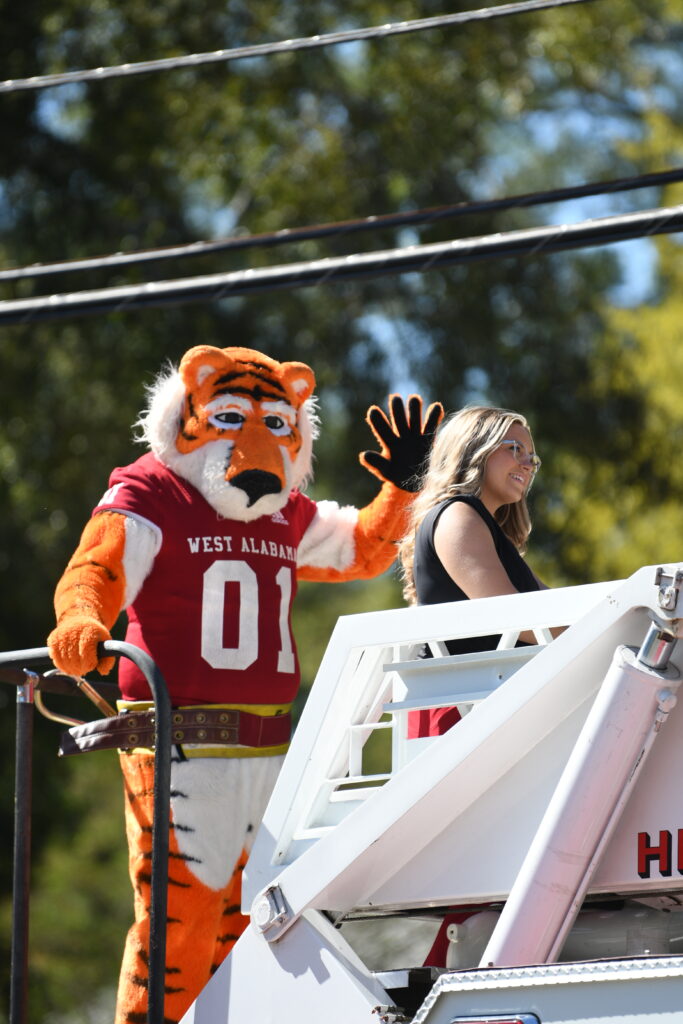
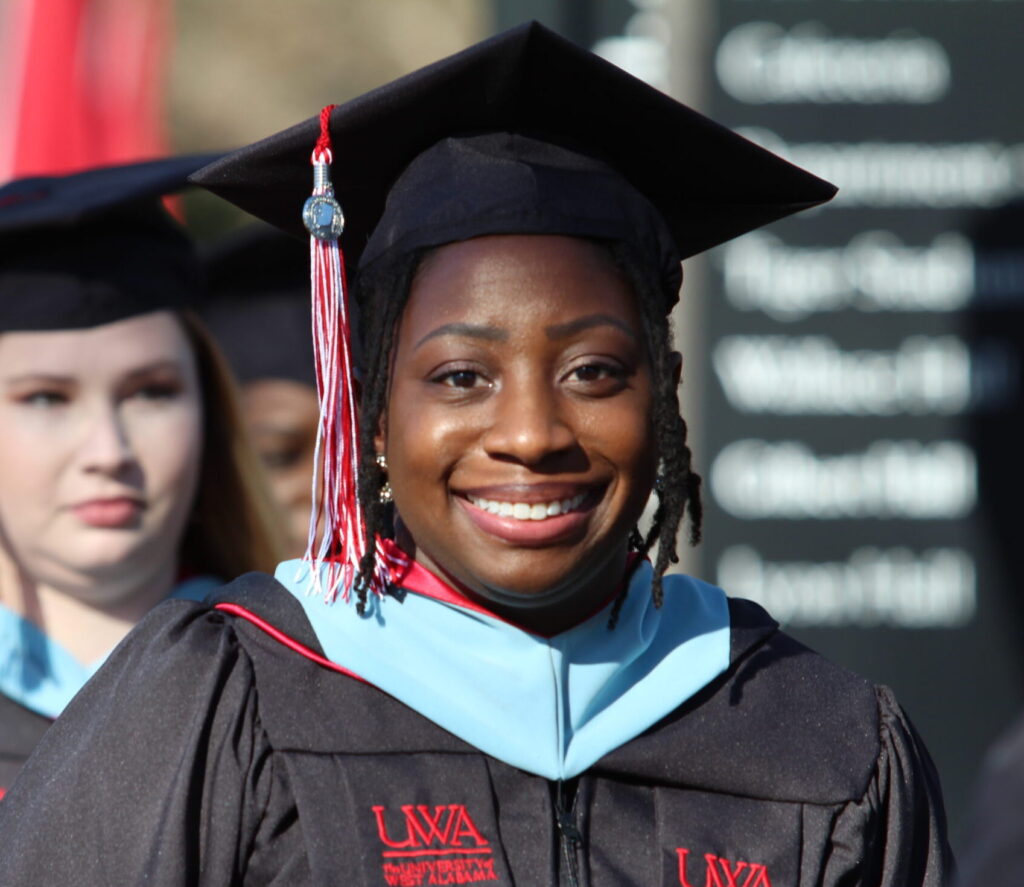
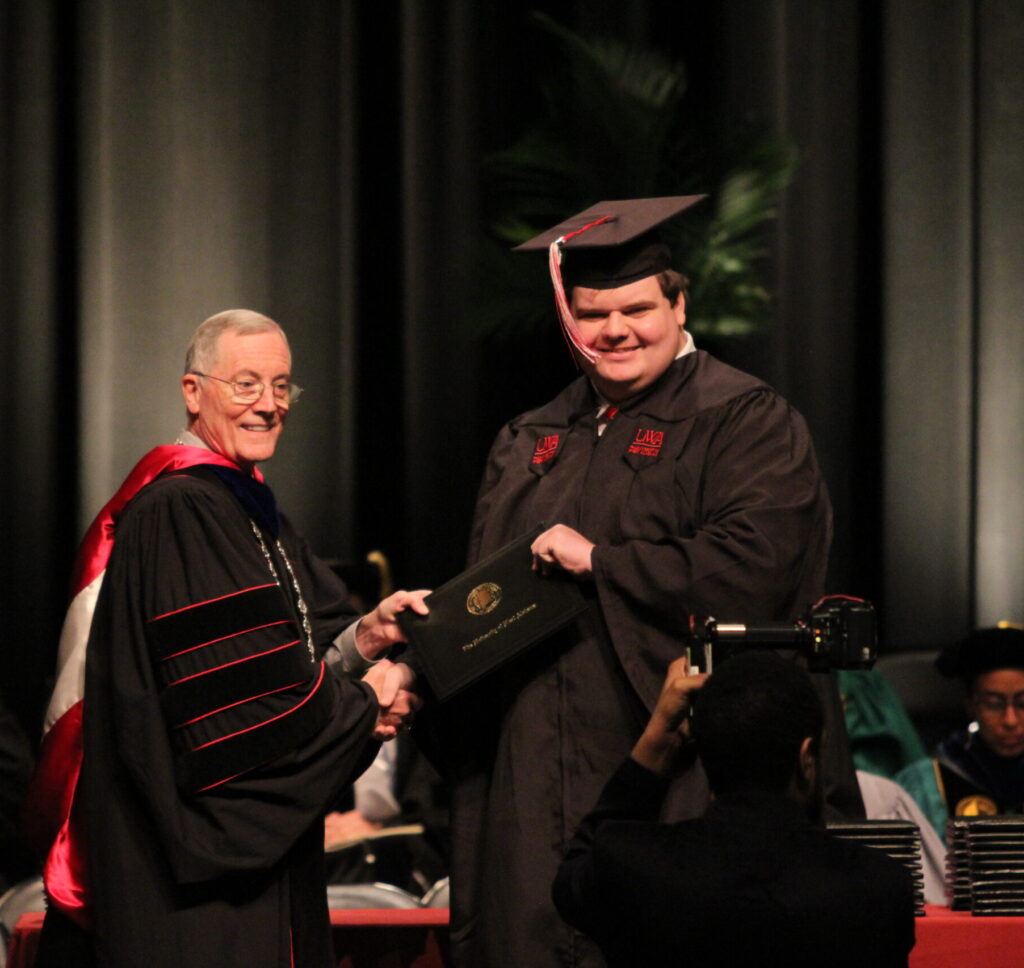
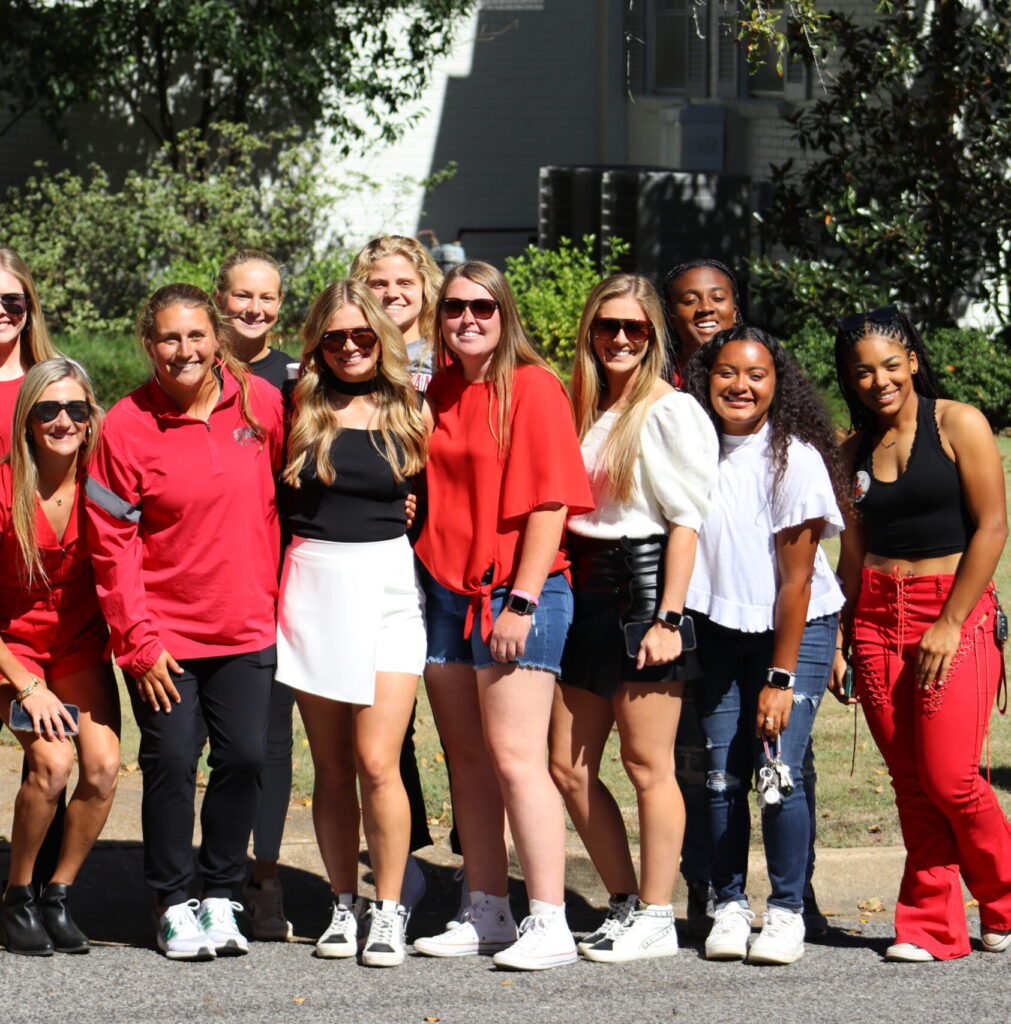
Financial Aid & Scholarships
Financial aid and scholarships provide invaluable opportunities for students to pursue higher education and achieve their academic goals. Financial aid encompasses various forms of assistance, including grants and fellowships, loans, work-study programs and scholarships. Financial aid and scholarships alleviate the financial burden of tuition fees, textbooks and living expenses, making higher education more accessible to students from diverse backgrounds. By supporting students’ financial needs, universities foster a culture of inclusivity, equal opportunity and lifelong learning.
Hear From Our Alumni
Hear from previous and current students about their experiences.
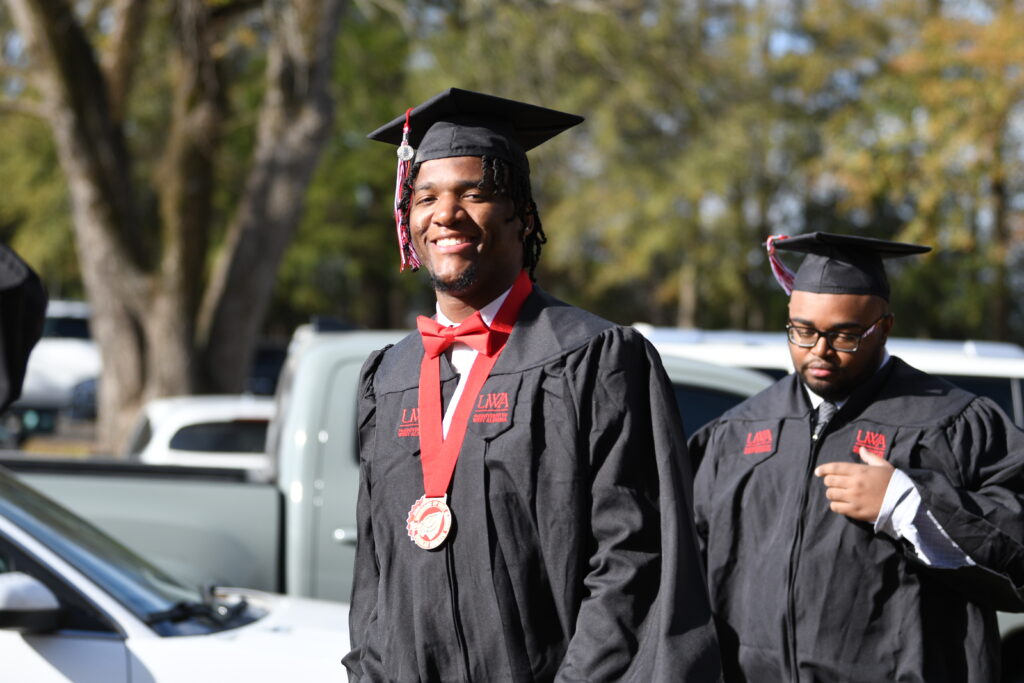
Frequently Asked Questions
Are you a prospective student or visitor looking for information quickly and efficiently? The frequently asked questions (FAQ) section on the university’s website answers common inquiries about admissions, tuition, programs, campus facilities and more.